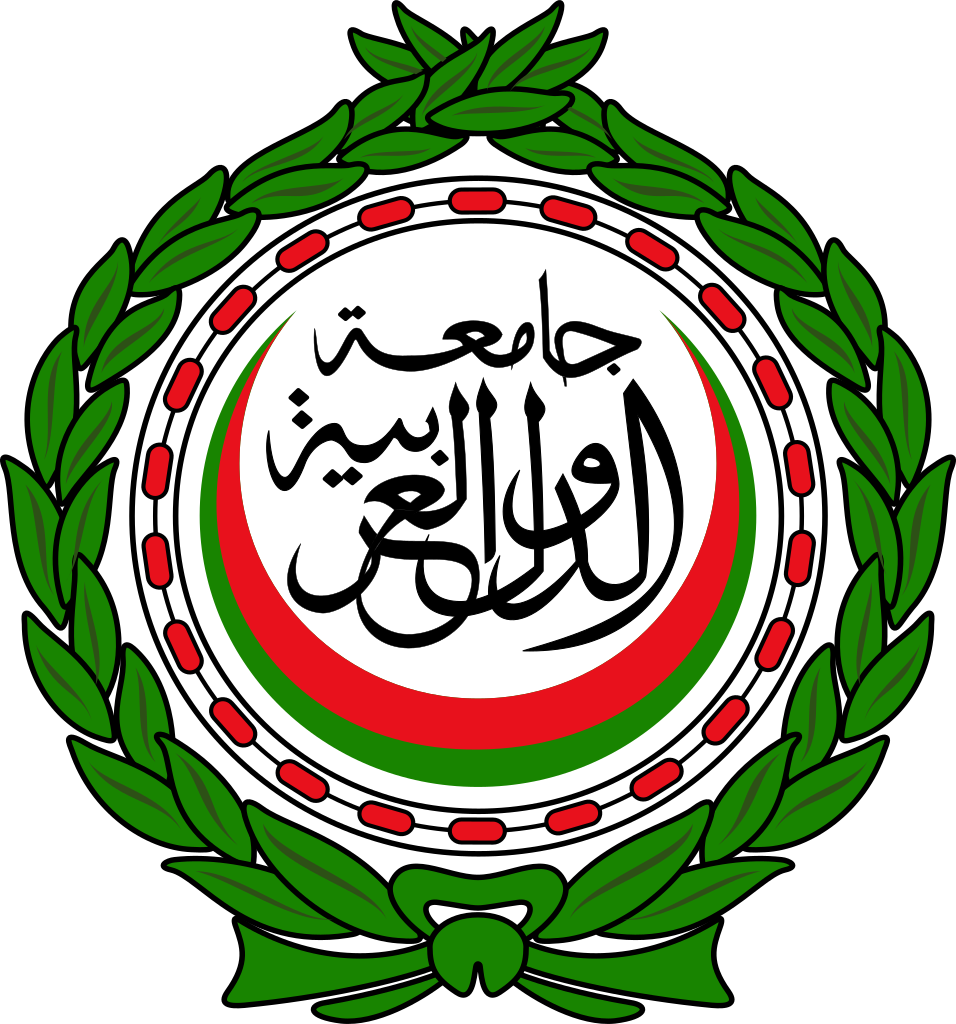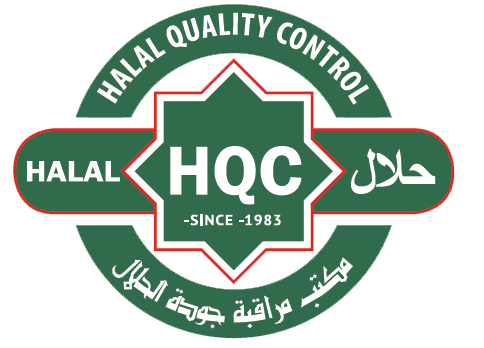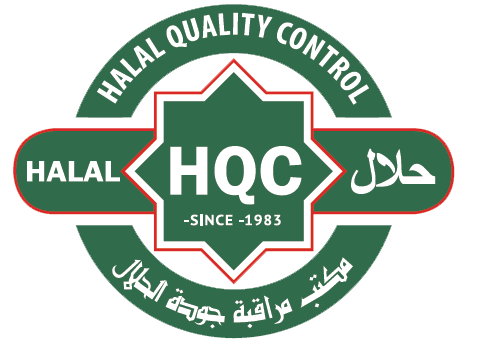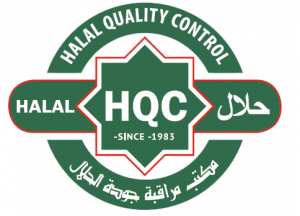Our accreditations
Our accreditation bodies worldwide
HQC is recognised worldwide and holds almost all the necessary international accreditations. In order to export food and other products to Muslim countries or countries with significant Muslim minorities, halal certification is mostly required. The HQC certificate gives companies the opportunity to market their products internationally in all those countries that require halal certification as a prerequisite for import.

Indonesien Majelis Ulama (MUI)
MUI is considered the most important importer of halal food in one of the largest Muslim countries with over 250 million inhabitants. HQC received its recognition in 1996 and has continued to do so without interruption.
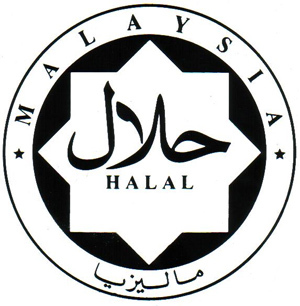
MALAYSIA (JAKIM)
Any products exported to Malaysia may not be designated as halal unless the products meet the conditions set by JAKIM, which requires testing by one of JAKIM's accredited halal certification bodies. HQC has been accredited by JAKIM since 1993.
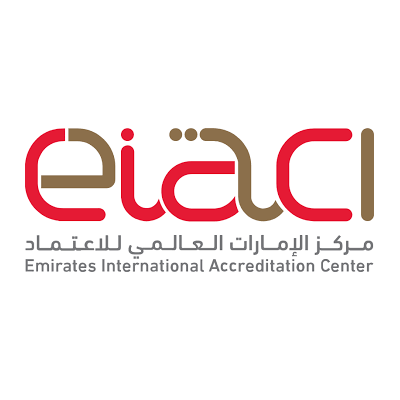
EIAC
The Emirates International Accreditation Center - The main activity is the accreditation of governmental and private conformity assessment bodies in the UAE and abroad, including laboratories, inspection bodies, certification bodies, halal conformity assessment bodies, and others.
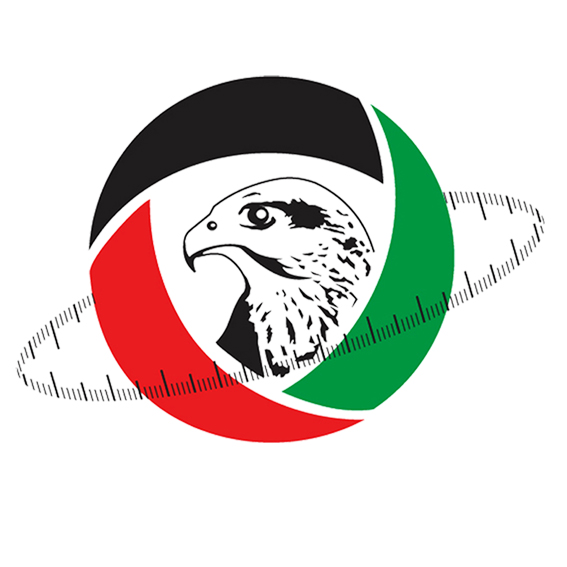
ESMA
The Emirates Authority for Standardisation and Metrology is the only standardisation body in the United Arab Emirates. Its tasks include formulating and publishing national UAE standards, ensuring consumer safety and environmental protection, and supporting the business community.
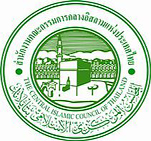
The Central Islamic Cancil of Thailand (CICOT)
Muslime sind in Thailand zwar eine Minderheit, ihre Zahl übersteigt zum einen jedoch 10 Millionen und ist daher national gesehen bedeutend. Zum anderen ist Thailand selbst ein wichtiger Produktionsstandort für Indonesien und Malaysia. HQC wurde 1993 von CICOT anerkannt.
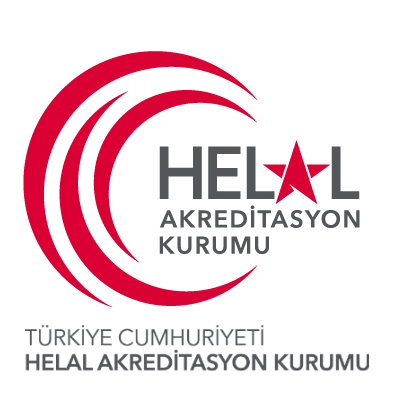
Halal Accreditation Agency (HAK) Turkey
Die Halal-Akkreditierungs-agentur der Türkei (HAK) bezieht sich in ihren Akkreditierungssystemen umfassend auf verschiedene OIC/SMIIC-Normen. Für einige ihrer Halal-Akkreditierungs-systeme ist die HAK die erste und einzige Behörde auf globaler Ebene.
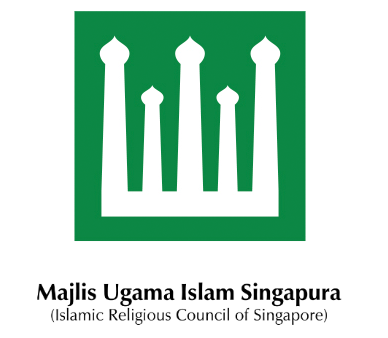
Majlis Ugama Islam Singapura
Majlis Ugama Islam Singapura is the Islamic authority responsible for Muslim affairs in Singapore. It provides halal certification services and regulates halal insutrie in Singapore. It also looks after the diverse interests of Singapore's Muslim community.
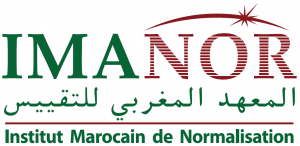
IMANOR
Das Institut Marocain de normalisation hat sich zum Ziel gesetzt, marokkanische Unternehmen in die Lage zu versetzen, sich an internationale Normen und Marktan-forderungen anzupassen, indem es ihnen Normen und Konformitätszertifizierungs-verfahren zur Verfügung stellt. Außerdem zielt es auf die Zertifizierung der Einhaltung von Normen und normativen Verweisen.
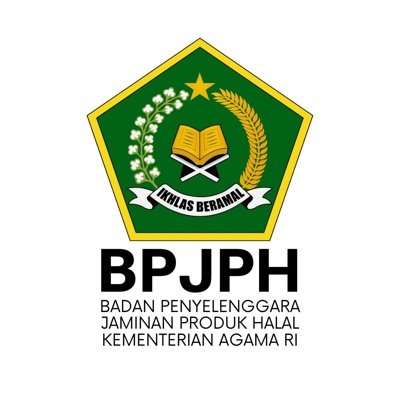
(BPJPH) Indonesia
This is an Indonesian agency for halal product guarantees. The accreditation body has the obligation and task of guaranteeing the halal conformity of products imported, circulated and traded in Indonesia.

The Halal Standard Institute of Thailand
Diese Akkreditierung zielt darauf ab, islamische religiöse Angelegenheiten im Einklang mit der Regierungspolitik zur Förderung der thailändischen Lebensmittelindustrie zu regeln und zu verwalten. Thailand ist eines der wichtigsten Produktionsländer mit einem hohen Produktions- und Exportpotenzial.
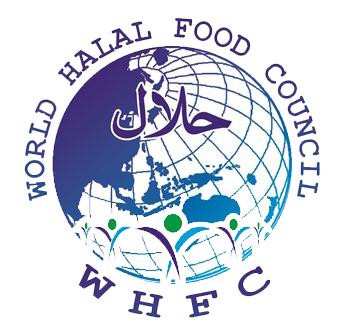
The World Halal Food Council
The WHFC is an international umbrella organisation of several halal certification bodies around the world with the common goal of ensuring the implementation of Sharia regulations and achieving a uniform and global halal standard.
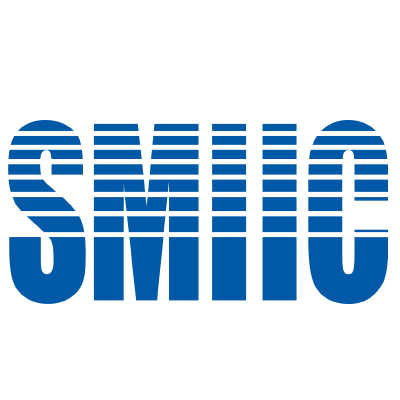
SMIIC
Das Institut für Normung und Metrologie für islamische Länder (SMIIC) ist ein Institut, das die notwendigen Mechanismen für die Länder der Organisation für Islamische Zusammenarbeit (OIC) entwickelt und darauf abzielt, neue Normen in den Mitgliedstaaten festzulegen und technische Handelshemmnisse zu beseitigen.
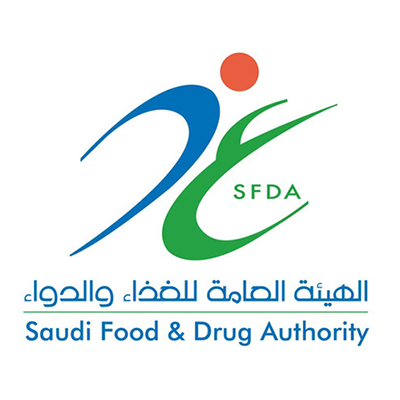
Saudi Food & Drug Authority

Saudi Standards SASO
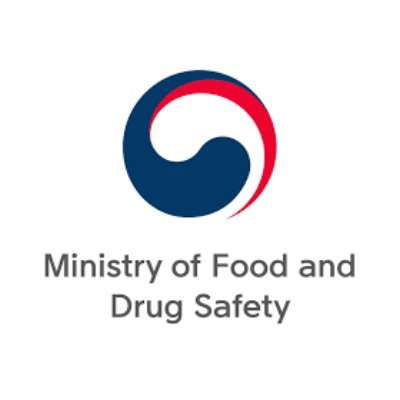
Food and Drug Safety of South Korea
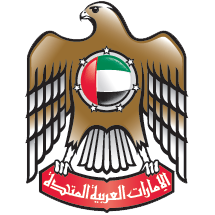
UNITED ARAB EMIRATES Ministry of environment
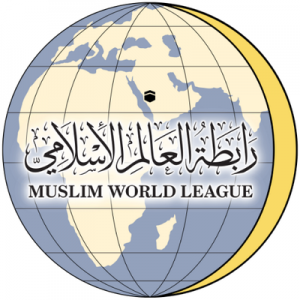
The Muslim World League Saudi Arabia
